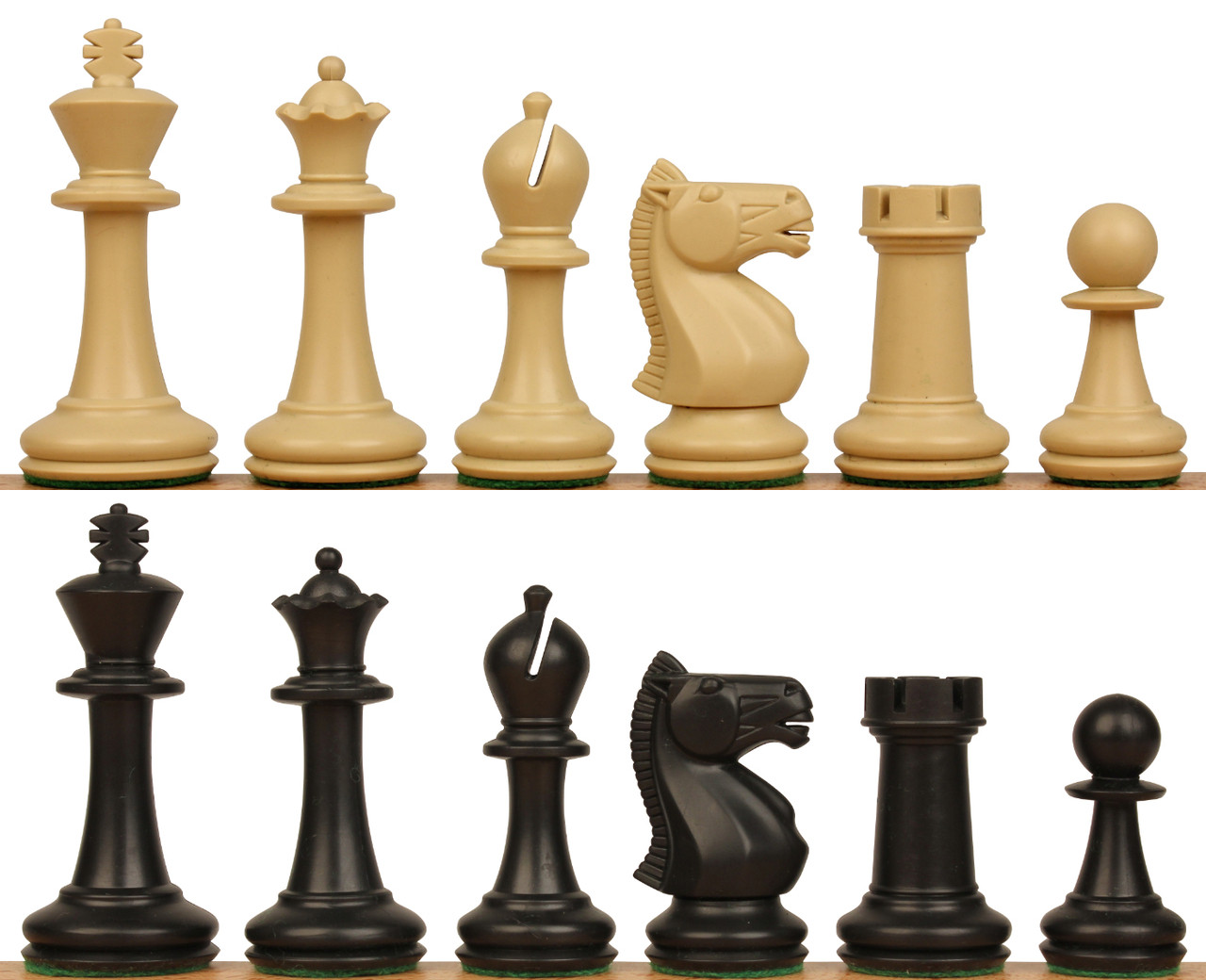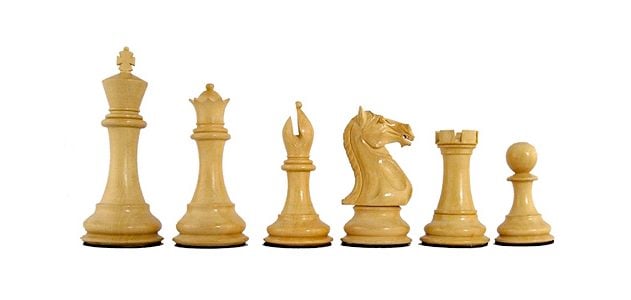Methods for Chess: Opening the Tricks to Understanding the Game
Chess strategies encompass an array of methods essential for success. Understanding the principles is crucial for any type of gamer. Each stage of the game-- from openings to endgames-- requires an unique technique. Understanding these elements can result in significant benefits. The journey does not end with basic expertise. There are deeper layers to explore, revealing the complexities that can truly boost one's game. What exists past the surface of these basic methods?
Understanding the Principles of Chess
While numerous gamers focus on sophisticated techniques and strategies, recognizing the fundamentals of chess is essential for anybody seeking to improve their game. The foundation of chess begins with the regulations, which dictate exactly how each item moves and captures. Familiarity with the board's design and piece worths is essential, as it aids players evaluate positions and make educated choices.
Furthermore, grasping basic principles such as control of the facility, item advancement, and king security lays the foundation for effective gameplay. Gamers should learn the significance of keeping pawn framework and recognizing hazards, as these aspects can considerably affect the end result of a match.

Developing a Winning Opening Strategy
A successful opening method in chess is important for developing a helpful placement early in the game. Gamers commonly concentrate on key principles such as piece advancement, control of the center, and king security. Developing pieces successfully allows for greater mobility and tactical possibilities, while inhabiting the central squares improves influence over the board.
Opening techniques can vary substantially, from aggressive lines aimed at fast assaults to strong formations that prioritize defense and steady advancement. Familiarity with typical openings, such as the Ruy Lopez or Sicilian Defense, can give players with an arsenal to draw from and adjust to opponents' reactions.
In addition, preserving adaptability in one's opening up method is crucial, as inflexible play can cause predictable patterns conveniently manipulated by knowledgeable opponents. Ultimately, a winning opening approach establishes the stage for an effective center game, leading the way for triumph.
The Significance of Board Control
Board control works as a fundamental aspect of chess strategy, substantially influencing the result of the game. Reliable board control allows a gamer to determine the rate and circulation of the match, offering possibilities for calculated advancement while restricting the challenger's choices. By occupying essential squares, especially in the center, gamers can boost their item wheelchair and create stronger placements.
Controlling the board also helps with better sychronisation amongst items, making it possible for tactical mixes and defenses. Chess. This benefit commonly converts right into boosted pressure on the challenger, leading to possible blunders or mistakes. Alternatively, an absence of board control can leave a gamer susceptible, as their items come to be restricted in movement and efficiency
Hence, grasping the art of board control is vital, as it lays the foundation for effective maneuvers and long-term calculated planning, ultimately figuring out the victor in chess.
Methods and Combinations: Finding Hidden Opportunities
Revealing techniques and combinations is important for acquiring a benefit in chess, as it allows gamers to exploit weak points in their opponent's setting. Tactical awareness includes recognizing patterns such as forks, pins, and skewers, which can lead to product gain or positional advantage. Gamers must continuously check the board for hidden possibilities, assessing potential hazards and actions.
Combinations often involve a collection of relocations that might initially show up counterproductive however can finish in a decisive result. Chess. For circumstances, compromising an item to entice a challenger right into a trap can shift the game's energy
Moreover, effective computation is essential; players need to envision several continue to predict the consequences of their actions. Routine method of tactical challenges can hone this skill. Eventually, grasping techniques and mixes encourages players to confiscate control of the game, transforming apparently regular settings right into winning chances.
Endgame Techniques: Protecting Your Success
Mastery of methods and combinations prepares for success, but recognizing just how to transform benefits into victory during the endgame is just as essential. In this phase of the game, gamers have to concentrate on piece coordination and pawn promo. Recognizing crucial ideas such as opposition and regulating essential squares can considerably enhance one's chances of winning.
Reliable endgame methods involve streamlining the setting when ahead, trading items to minimize the opponent's counterplay, and making use of the king proactively as a battling item. Gamers must aim to develop passed pawns that can advance towards promotion, forcing the challenger to draw away resources to prevent them.
Exercising common endgame circumstances, such as king and pawn versus king, can supply indispensable experience. Finally, keeping persistence and insight during the endgame will certainly commonly separate the newbie from the master, as decisive moments can arise suddenly.
Examining Your Challenger's Relocations
Just how can a player properly expect their opponent's method? Assessing an opponent's steps is essential for developing a competitive content side in chess. Gamers need to observe patterns in their opponent's play design, keeping in mind tendencies such as aggressive or defensive maneuvers. By comprehending these patterns, a gamer can forecast possible responses and prepare counter-strategies.
Recognizing the opening choices can reveal a wealth of info relating to a challenger's recommended approaches. Players should also evaluate the timing and context of particular relocations, analyzing the underlying motivations behind them.
Employing methods such as preserving a flexible way of thinking and adjusting to changes in the game can improve a player's ability to respond properly. On top of that, keeping an eye on their challenger's clock monitoring might supply insights into their degree of confidence and comfort with the placement. On the whole, careful observation and analysis are vital for anticipating and counteracting a challenger's technique.
Continuous Understanding and Enhancement in Chess

Constant learning is an essential aspect of enhancing one's chess game, complementing the analytical skills developed through observing opponents. Players can boost their abilities by researching classic games, checking out opening up theories, and engaging with literary works on innovative techniques. On-line sources and chess engines offer very useful tools for examining previous video games, allowing players to determine blunders and improve their decision-making processes.
Taking part in events and informal matches is vital for functional experience, allowing gamers to use new knowledge in real-time scenarios. Furthermore, joining clubs or on the internet discussion forums cultivates an area setting where gamers can trade understandings, discuss techniques, and explanation get useful comments.
Regularly reviewing one's own video games and those of higher-rated gamers aids brighten areas for enhancement - Chess. By cultivating a mindset of lifelong learning, chess fanatics can continually adjust, progress, and eventually reach their capacity in this elaborate and gratifying game
Frequently Asked Questions
What Are the Ideal Chess Publications for Beginners?
The most effective chess books for beginners consist of "Chess for Dummies" by James Eade, "The Full Pinhead's Guide to Chess" by Patrick Wolff, and "Bobby Fischer Instructs Chess." These resources give fundamental strategies and crucial expertise for new gamers.
Just how Do I Deal With Losing Touches in Chess?

What Online Operating Systems Are Finest for Practicing Chess?
Popular on the internet systems for practicing chess consist of Chess.com, Lichess.org, and Internet Chess Club. Each offers go right here numerous attributes such as challenges, tutorials, and affordable play, dealing with various skill degrees and preferences among chess fanatics.
How Can I Improve My Chess Visualization Abilities?
To improve chess visualization skills, one need to practice mental workouts, solve challenges, assess games without a board, and progressively increase the intricacy of placements. Frequently playing blindfold chess can additionally significantly improve visualization capacities.
What Are Common Emotional Catches in Chess?
Usual psychological traps in chess include overconfidence, time stress, and the fear of oversights. Gamers might additionally come down with confirmation predisposition, leading them to neglect far better actions while concentrating on previously effective strategies.